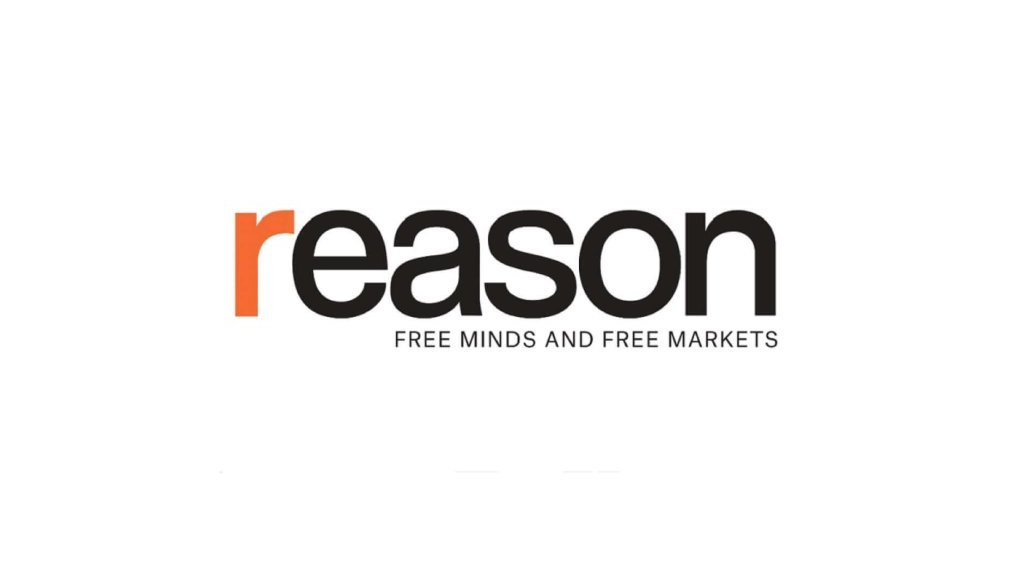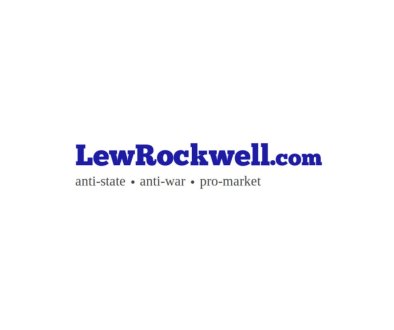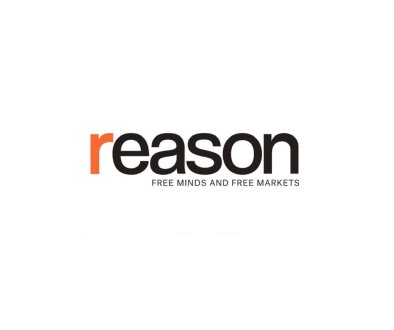Why Trump’s “Liberation Day” Tariffs are Illegal
Yesterday, President Donald Trump announced his gargantuan “Liberation Day” tariffs. They impose 10% tariffs on imports from almost every nation in the world (with the notable exception of Russia), plus additional “reciprocity” tariffs on some 60 additional countries, based on an utterly nonsensical formula that isn’t actually about reciprocity at all. If allowed to stand, this will be the biggest trade war since at least the Great Depression (the tariff rates here may actually be even higher than those of the notorious 1930 Smoot-Hawley Tariff, which greatly exacerbated the Depression), and the biggest tax increase on Americans in decades.
Economists across the political spectrum expect the tariffs to cause great harm. As my George Mason University colleague Tyler Cowen puts it, “[w]e will be moving into a future with higher prices, less product choice, and much weaker foreign alliances….. This is perhaps the worst economic own goal I have seen in my lifetime.”
The enormous scale of the new Trump tariffs is at the heart of their illegality. In an earlier post, I explained why Trump’s earlier use of the International Emergency Economic Powers Act of 1977 (IEEPA) to impose 25% tariffs on Canada and Mexico is illegal and unconstitutional under the major questions and nondelegation doctrines. This much larger abuse of the IEEPA is even more clearly illegal.
As GOP Senator Rand Paul put it, in a speech denouncing the new tariffs: “One person in our country wishes to raise taxes. This is contrary to everything our country was founded upon. One person is not allowed to raise taxes. The Constitution forbids it.” Exactly so. The Constitution gives Congress the power to impose tariffs, and the President cannot exercise it without, at the very least, having much clearer congressional authorization than exists here.
The IEEPA gives the president authority to impose various types of sanctions in situations where there is “any unusual and extraordinary threat, which has its source in whole or substantial part outside the United States, to the national security, foreign policy, or economy of the United States, if the President declares a national emergency with respect to such threat.”
In a recent Lawfare article, international economic policy expert Peter Harrell makes a strong case that the IEEPA doesn’t authorize tariffs at all. Even if it does, they can only be used if 1) the president legally declares a “national emergency” and 2) the emergency is over an issue that poses “unusual and extraordinary threat, which has its source in whole or substantial part outside the United States, to the national security, foreign policy, or economy of the United States.” Neither o
Article from Reason.com

The Reason Magazine website is a go-to destination for libertarians seeking cogent analysis, investigative reporting, and thought-provoking commentary. Championing the principles of individual freedom, limited government, and free markets, the site offers a diverse range of articles, videos, and podcasts that challenge conventional wisdom and advocate for libertarian solutions. Whether you’re interested in politics, culture, or technology, Reason provides a unique lens that prioritizes liberty and rational discourse. It’s an essential resource for those who value critical thinking and nuanced debate in the pursuit of a freer society.



